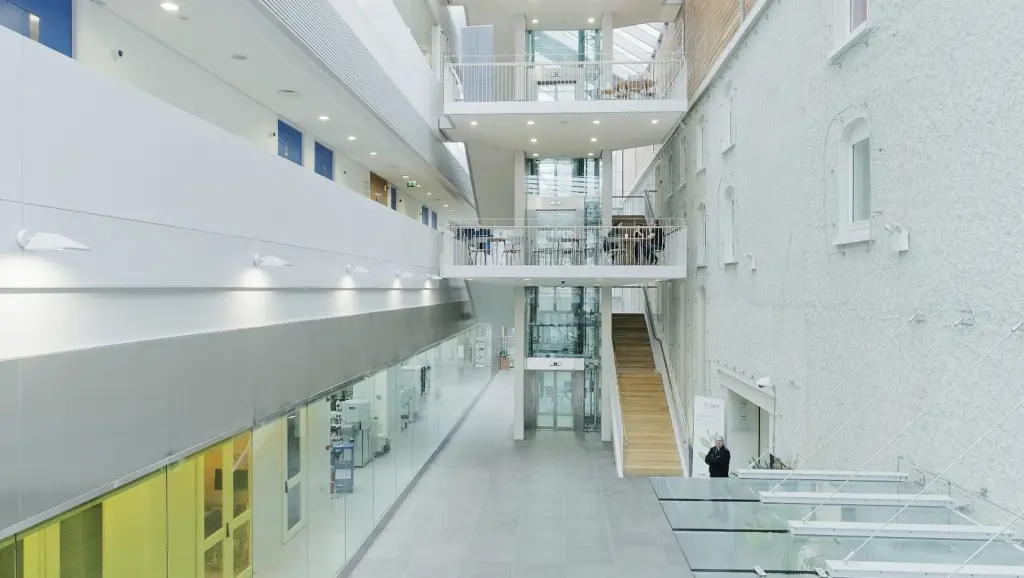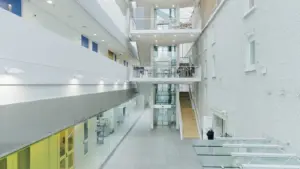Tyndall National Institute and Meta have entered a four-year research partnership to address the challenges of developing and manufacturing MicroLED devices. The program will be led by Professor Paul Hurley, recently appointed as Meta’s industrial chair in semiconductor technologies at Tyndall and the school of chemistry at University College Cork (UCC).

Professor Hurley and his multi-disciplinary team will primarily investigate the optoelectronic efficiency of ultra-scaled devices like MicroLEDs. This research engagement aims to investigate heterogeneous systems (which involve different kinds of materials or components) and determine their impact on efficiency. The outcomes from this research can inform critical technology adoption in future products.
The collaboration is a strong endorsement of Irish academic research in the field of semiconductor technologies, and the work conducted by Tyndall National Institute, a leading center for research in photonics and micro/nanoelectronics. This partnership is poised to bring substantial advances in MicroLED and augmented reality (AR) technologies. AR platforms heavily rely on high-efficiency, high-resolution, and small form-factor display technologies, such as MicroLEDs, to deliver a realistic and immersive user experience.

